'It's what my nephew needs:' Mi'kmaq family hopes court backs Human Rights Tribunal in compensation case
Hearings to take place over next 2 days in Federal Court
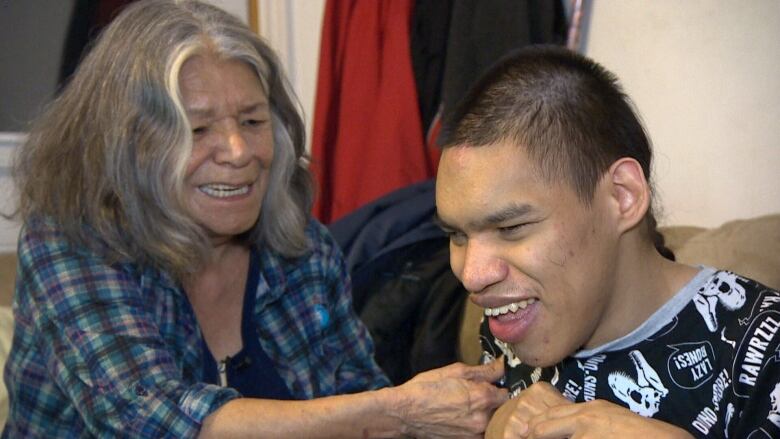
With Jeremy Meawasige's mother gone and his 25th birthday around the corner, Virginia "Gia" Augustine knows she has to be there for her nephew more than ever before.
"Please tell me, 'I love you,'" Augustine tells Meawasige while they sit on the couch together at their home in the Mi'kmaq community of Pictou Landing First Nation inNova Scotia. "Say, 'I. Love. You.'"
Meawasige needs around-the-clock care. He has cerebral palsy, autism, spinal curvature and hydrocephalus a debilitating accumulation of spinal fluid in the brain.
One of the few things Augustine says that keeps Meawasige calm is going on a drive or "cruise," as he likes to call it, and singing.
"Take him out for a cruise. Put on the music," Augustine said. "Oh yes, he loves it. That's his medicine."
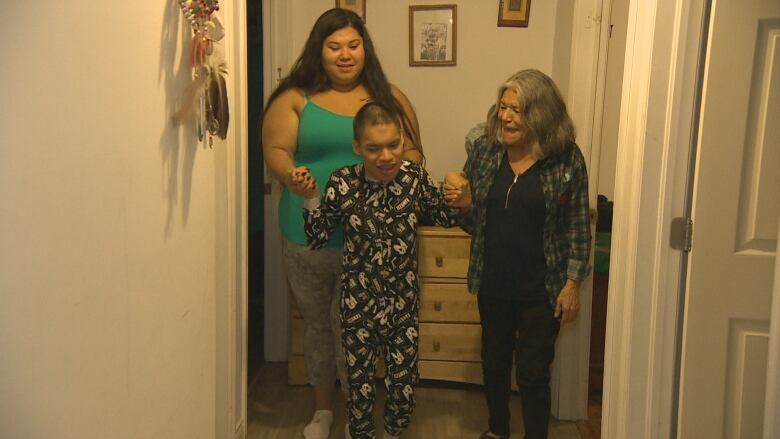
The federal government initially tried to cover only a fraction of Meawasige's health support costs until his mother, Maurina Beadle,took Ottawa to court and won in 2013.
The ruling set a precedence on a policy called Jordan's Principle, which requires a government service take precedence over jurisdictional issues over who should pay for it. This was the first time a court ruled that the policy was binding and should not be interpreted narrowly.
Beadle, 63, died on Nov. 13 of complications associated with a stroke.
Now, as part of her legacy, Augustine is taking up Beadle's cause to get compensation for Meawasige who is covered by a recent Canadian Human Rights Tribunal ruling to improve his home life and pay for more car ridessince Augustine doesn't drive.
The tribunalordered the federal government on Sept. 6 to pay at least $40,000 to each child denied services under Jordan's Principle or put in the on-reserve child welfare system since 2006.
"Maybe this is a one-time thing for Jeremy. It's going to help," Augustine said. "It's what Maurina wanted and it's what my nephew needs."
Ottawa in talks to settle related, proposed class action lawsuit
On Monday, the federal government takes its legal fight against the order to Federal Court for two days of hearings because it wants to make amends differently.
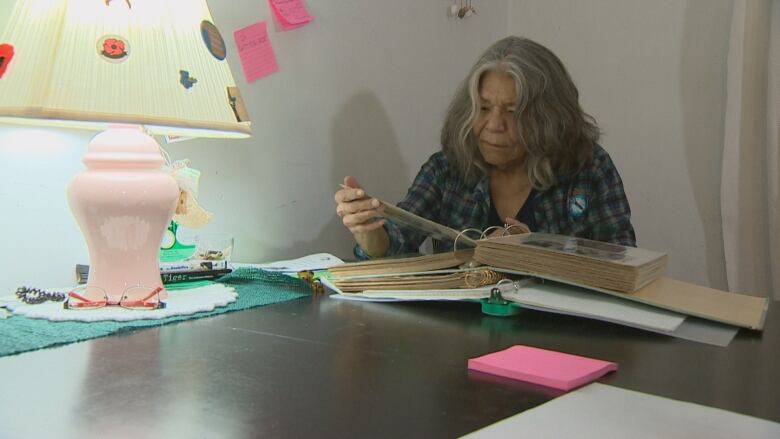
Ottawa will argue before that it should stay, or pause, the tribunal order until its judicial review application gets decided.
The federal government argues in court filings that the tribunal order was an overreach and that the original case was about systemic discrimination which required a systemic fix not individual compensation, which is the purview of class action law.
"We feel that there are issues with the tribunal ruling," Justice Minister David Lametti said.
"Legal issues and that's going to be the basis for seeking judicial review, but that is not inconsistent with our deeply held desire to have a negotiated fair and full settlement in this case."
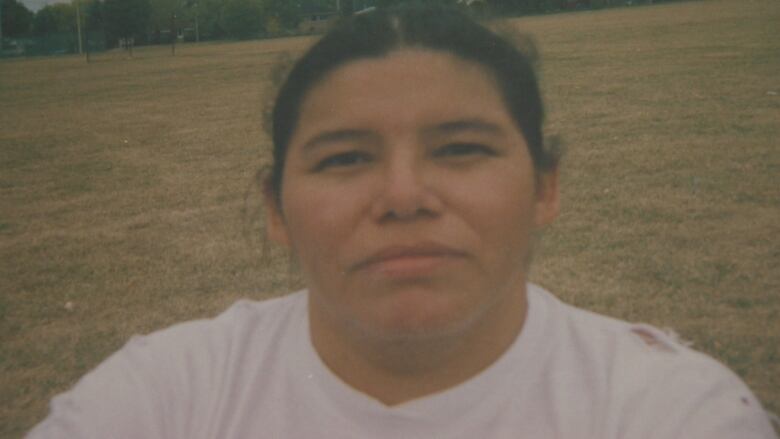
The government takes issue with the cost, which could soar up to $8 billion according to federal court documents. It also has concerns about the limited scope. The tribunal's decision only covers cases since 2006, which leaves kids affected after the Sixties Scoop ended in 1991 out.
Ottawa wants to settle the entire matter with cases from 1991 onward in one shotoutside of the tribunal, possibly though a proposed class action lawsuit that's already underway.
"We have accepted the fact that we have to compensate," Lametti said.
"We have accepted the fact that we have done wrong, but we have to do it in a way that respects everybody who was wronged whether they be children or whether they be families across a wider swath of time."
Calls for feds to drop legal fight
Advocates for First Nations children accuse the government of trying to dodge the full cost.
"I can't believe I'm still going back to court 13 years after this thing was filed," Cindy Blackstock, executive director of the First Nations Child and Family Caring Society, which filed the original complaint with the Assembly of First Nations (AFN) to the tribunal in 2007.
"If the number becomes very large into the billions of dollars, that's only because Canada chose to discriminate against so many children."
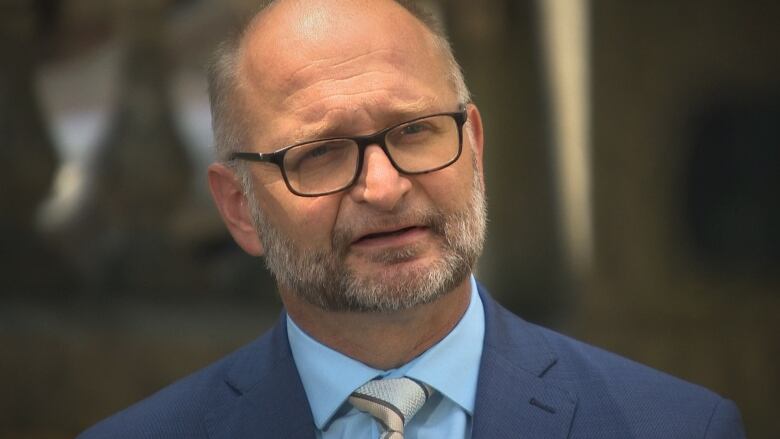
As part of its decision, the tribunal ordered all sides in the case Ottawa, the First Nations Child and Family Caring Society and the AFN to negotiate a method for dealing with the mechanics of the compensation and present it by Dec. 10.
So far, the federal government has refused to participate in paymentdiscussions stemming from the ruling and is choosing to litigate instead. Meanwhile, the other parties have already begun the work of developing potential models, according to court records.
The tribunal additionally ordered that the parents or grandparents depending on who was the primary guardian whose children were taken unnecessarily from their care would be eligible for at least $20,000.
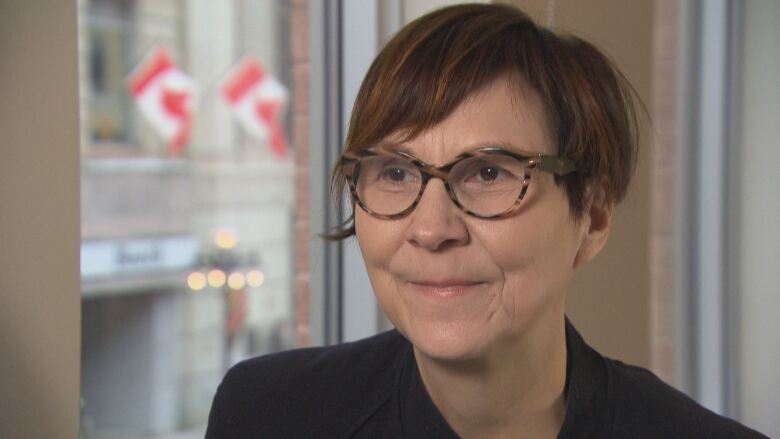
AFN National Chief Perry Bellegarde is urging the federal government to drop its judicial review, but hasn't ruled out supporting an out-of court-settlement if that's what families and children prefer.
"I would recommend that they listen to their own tribunal, especially when it's dealing with children, especially when it's putting children's lives at risk, especially when you're dealing with the suffering and pain and abuse that was suffered," Bellegarde said.
"I would urge the Crown, the government to listen to their own tribunal and not continue to fight against children."
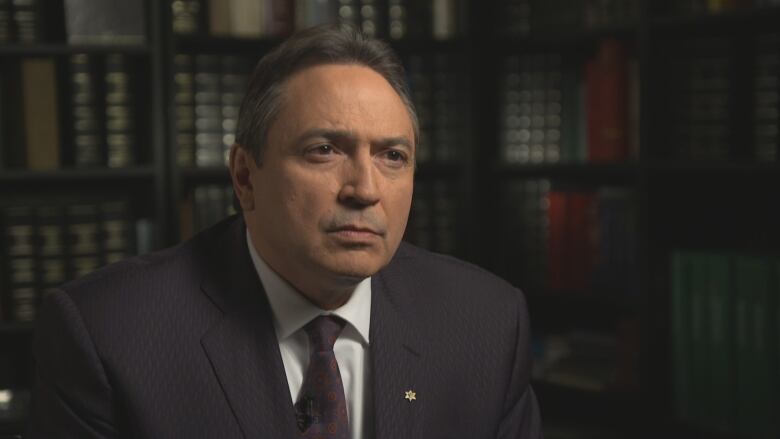
Before she died, Beadle addedMeawasigeto the class action to ensure his life-long care.
Blackstocksaid sheconsiders Beadle a crusader.
"[Canada is] closing their eyes to the people on the ground, like Maurina, who will never know justice because of their legal wrangling," Blackstock said.
"Discrimination against children should not be easier for the Government of Canada than the equality it meets out for every other kid in the country."












_(720p).jpg)


 OFFICIAL HD MUSIC VIDEO.jpg)
.jpg)



























































































